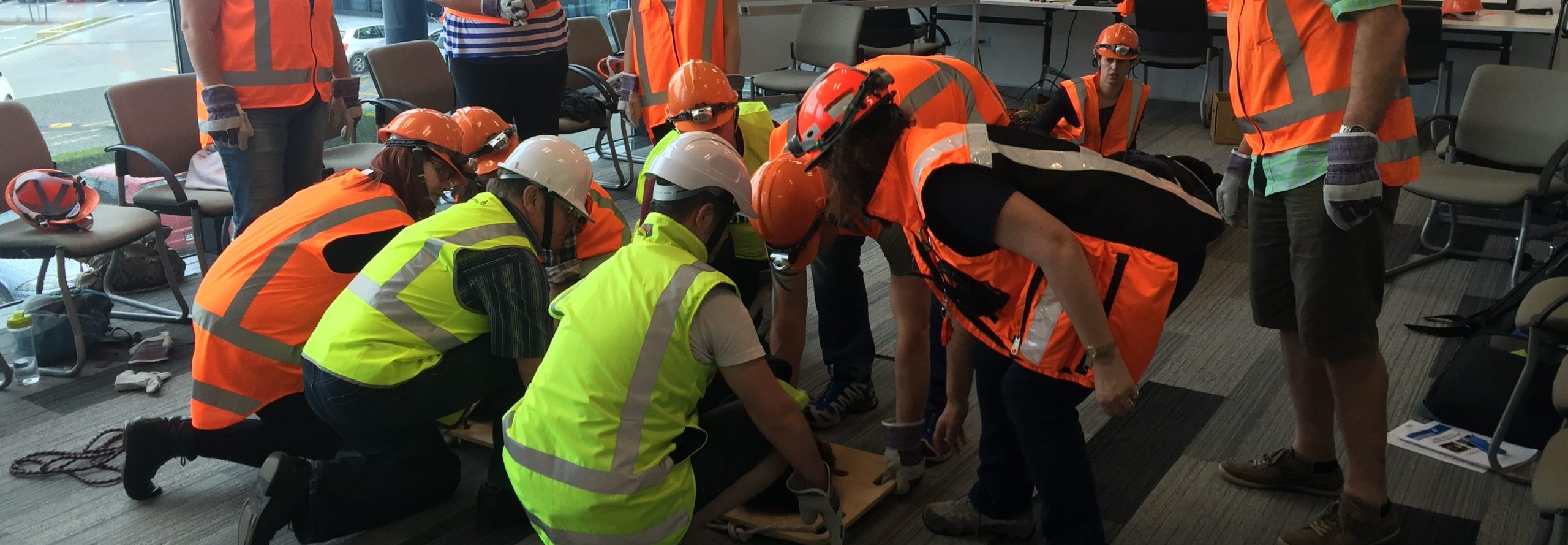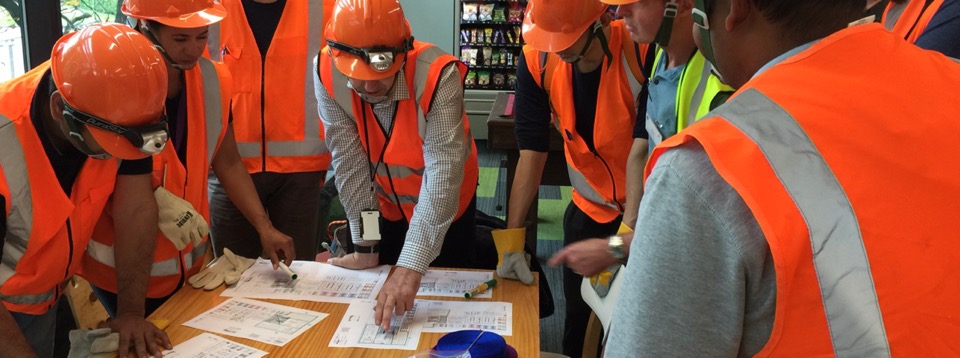We have ran
CIMS training for Civil Defence Centre Managers within the Wellington City Area. In a major disaster or emergency Civil Defence Centres are activated by volunteers. The centres are situated in primary schools or other community locations like community centres.
The centres collect information about the impact of an emergency and inform the Wellington Regional Emergency Management Office. There is very little equipment at Civil Defence Centres, so residents should plan to be self-sufficient.
In an emergency listen to your local radio station to hear which Civil Defence Centres are working. It’s a good idea to keep a note of your nearest Civil Defence Centre location in your home survival kit.
Volunteers
Volunteers play an important role in our efforts and in the community’s welfare – before, during and after an emergency. Volunteers with enthusiasm and commitment and a little bit of time to undertake training are needed. Volunteers work from their local emergency centre.
Volunteers are trained to perform a range of functions in the emergency centres including:
- radio communications
- operations
- welfare
- light search and rescue
If your are interested in helping as a centre volunteer contact the Wellington Emergency Management Office of your local council. The Wellington Regional Emergency Management Office can be contacted on ph 04 830 4279 or through their website. Read more










